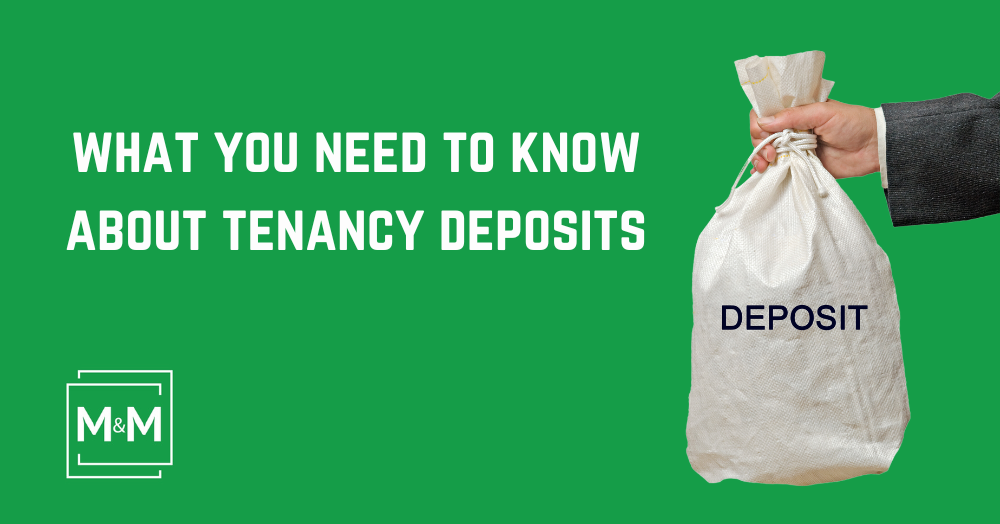
What should Landlords do with their tenants deposit? How much can they request & where should it go?
There is lots of legislation surrounding a tenants deposit. It is important landlords understand their obligations or they could risk high fines or be unable to achieve vacant possession of their properties.
Landlords can ask tenants for a deposit before moving a tenant into a property in case of damage or unpaid bills at the end of the tenancy. Its important to remember this is the tenants money!
Any AST created since 6th April 2007 the deposit must be protected in a government-backed tenancy deposit scheme.
There are two types of schemes;
Custodial - a free service where the scheme hold the deposit for the duration of the tenancy
Insured - where the landlord or letting agent holds the deposit and pays the scheme a fee to protect it.
Landlords have several legal obligations, as set out in the Housing Act 2004, that they need to fulfil to ensure the deposit is protected lawfully.
Deposits must be registered within 30 days of the start of the tenancy and the Prescribed Information issued to the tenant within 30 days of receiving it.
Prescribed Information is a specific set of information relating to a tenancy, which the landlord or letting agent is legally obliged to provide to their tenants. They must serve the tenants with the Prescribed Information within 30 days of receiving the deposit. If must contain the following information:
- The amount of the deposit
- The address of the property
- The name, address and contact details of the administrator of the tenancy deposit scheme with which the deposit is held
- The name, address and contact details of the landlord and tenants and any third parties who have contributed to the deposit
At the end of the tenancy, the landlord or agent has 10 days to return the deposit to the tenant, once an amount is agreed. If there is a dispute over the amount, the deposit will be protected by the tenancy deposit scheme until the issue is resolved by its dispute resolution service where an independent Adjudicator will determine who gets what money.
Adjudication is the decision-making part of the dispute resolution process. Landlords submit their evidence in support of their claim and tenant’s provide their own evidence supporting their position in response. It’s then sent to an independent, impartial adjudicator, who reviews the evidence and decides how the deposit will be repaid.
It’s worth noting that neither the landlord or the tenant will ever be required to meet with the adjudicator. The adjudicator will not visit the property involved in the deposit dispute. This is an evidence-based process. It is therefore clear that a party who cannot produce evidence has a poor chance of winning the argument (hence the importance of an inventory!).
How much can your deposit be?
From 1st June 2019 The Tenant Fees Act 2019 meant that landlords in England are limited to 5 weeks' (rent equivalent under £50,000 per annum) deposit for new and renewed tenancies (or 6 weeks if the annual rent is £50,000 or more).
Any tenancy which was signed on or after 1 June 2019, has to fall in line with the deposit cap rules laid down in the Tenant Fees Act 2019.
The deposit amount you can take from prospective tenants, will depend on the annual rent being charged:
Where the annual rent is up to £50,000, a maximum of five weeks’ rent
Where the annual rent is over £50,000 and under £100,000, a maximum of six weeks’ rent
This applies to assured shorthold tenancies, tenancies of student accommodation and licences to occupy housing in the private rented sector in England.
Calculating the deposit
Step 1 – Monthly rent x 12 = annual rent
Step 2 – Annual rent ÷ 52 = weekly rent
Step 3 – Weekly rent x 5 or 6 = maximum deposit
Should you have any queries in relation to deposits or any other tenancy related queries please do not hesitate to contact the office.